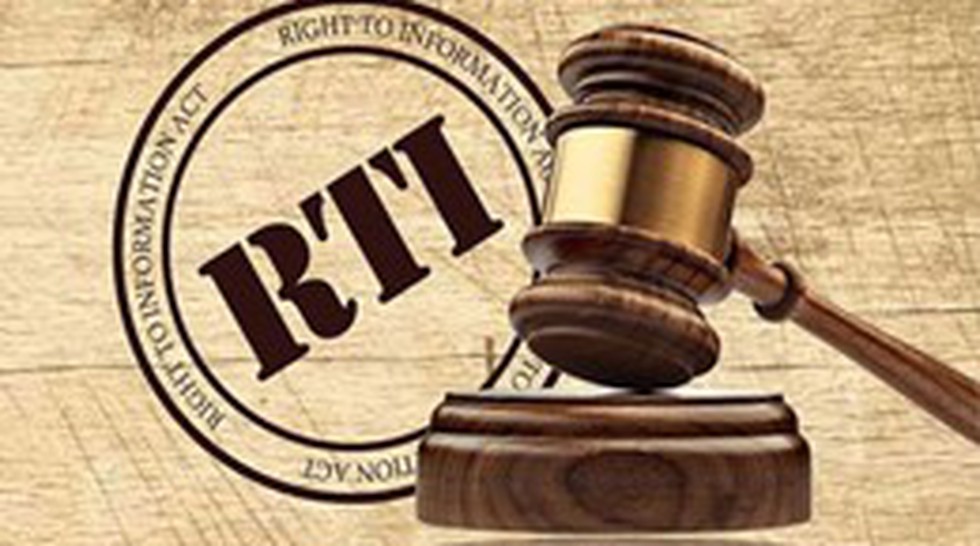About Right to Information (RTI) Act, 2005:
- It is a law enacted by the Parliament of India "to provide for setting out the practical regime of right to information for citizens.
- The Right to Information is derived from our fundamental right of Expression under Article 19 of the Constitution of India.
- The Act applies to all States and Union Territories of India.
- Under the provisions of the Act, any citizen may request information from a "public authority" (a body of Government or "instrumentality of State") by making an application in writing or through electronic means.
- The information seeker is not required to give reasons for seeking information.
- Time Period for Supply of Information:
- In the normal course, information to an applicant shall be supplied within 30 days from the receipt of the application by the public authority.
- If the information sought concerns the life or liberty of a person, it should be supplied within 48 hours.
- Public Information Officer (PIO): Every public authority shall designate some of its officers as They are responsible for giving information to a person who seeks information under the RTI Act.
- The Act also requires every public authority to computerize their records for wide dissemination and to proactively publish certain categories of information so that the citizens need minimum recourse to request information formally.
- Exemptions:
- It also contains several exemptions which enable public authorities to deny requests for information. It ranges from the sovereignty and security of India to trade secrets.
- Section 24 of the act exempts certain security and intelligence organizations from the purview of the act except the information pertaining to the allegations of corruption and human rights violations.
